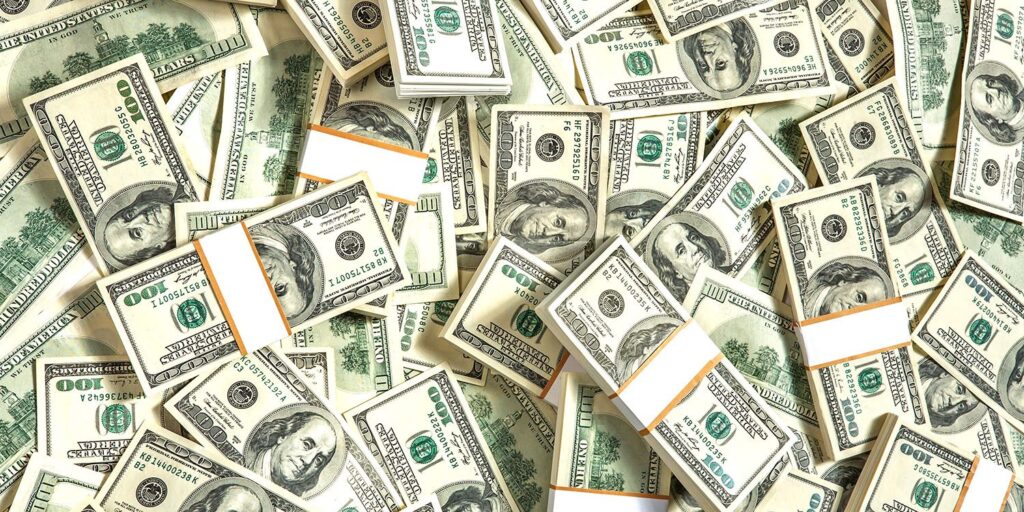There has been a lot of press coverage around the use of cash declining, and we want to share our thoughts with you.

Law on the forced acceptance of cash is complex and varies between countries. The UK and US are similar in the cash must be accepted to pay for a debt, e.g. restaurant bill, parking ticket, etc… However there is a legal requirement to accept cash for an exchange of goods or services. According to the Federal Reserve under Section 31 U.S.C. 5103, entitled “Legal tender,” states: “United States coins and currency [including Federal Reserve notes and circulating notes of Federal Reserve banks and national banks] are legal tender for all debts, public charges, taxes, and dues.” This statute means that all United States money as identified above is a valid and legal offer of payment for debts when tendered to a creditor. There is, however, no Federal statute mandating that a private business, a person, or an organisation must accept currency or coins as payment for goods or services. Private businesses are free to develop their own policies on whether to accept cash unless there is a state law which says otherwise.
Typically it’s lower income workers and older people who suffer the most when we discuss ‘access to cash’. In response to potential discrimination against low-income people, Connecticut, San Francisco, Philadelphia, New Jersey, Oregon, Rhode Island, Illinois, New York and Washington DC have all passed legislation banning cashless stores and retailers. Massachusetts has required establishments to accept cash since 1978. The UK government also introduced new laws in 2020 to ensure bank maintain an accessible cash network.
A cashless economy is not an inclusive economy, and excluding people from paying with cash means essentially discriminating against people who are low-income, elderly, people who are homeless, also undocumented. Getting a credit or debit card often requires a form of ID, a utility or another bill, money to deposit and a financial history. Card transactions also come with a fee to the business, where cash does not (until it’s deposited at least). Because of this stores like Amazon and salad chain Sweetgreen – have reversed their policies in favor of accepting cash as they have noticed it is essential to their success.
Regardless, cash is still the most common way people pay amounts under 10 or 25 dollars, especially among those older than 55 and younger than 25. In today’s tech boom and the growing market for personal data, people prefer cash for privacy reasons – to protect their purchase history from being tracked by advertisers or banks.
But Torres and Mitchell said cashless laws are there to balance technological progress with an economy that’s fair and inclusive.
During the Coronavirus Disease of 2019 people and governments all over the world were concerned that cash could carry the disease and remain on bank notes for 14 days. Some countries destroyed and quarantined bank notes in order to prevent the possible spread of the disease. And the use of cash dropped with consumers all around the globe.
Central banks also tarnished the image of paper money. The Federal Reserve has quarantined money coming in from Asia, and in China the central bank is using ultraviolet light to disinfect the money. South Korea has burned and quarantined bank notes. Countries like Malta, Greece, Ireland, Poland and Turkey have all raised the amount that people can spend using these types of payments. Britain is planning on raising the amount on the first of April.
Because of this the WHO came out with an announcement stating that “WHO did NOT say banknotes would transmit COVID-19, nor have we issued any warnings or statements about this,” WHO spokeswoman Fadela Chaib said to Market Watch in an email. “We were asked if we thought banknotes could transmit COVID-19 and we said you should wash your hands after handling money, especially if handling or eating food.” The agency said people should treat banknotes like any other surfaces and practice good hygiene.
Accepting or not accepting cash payments is ultimately being controlled by some countries government. It seems as though here in the US not accepting cash as a form of payment is actually discriminatory and laws have been passed in several states before COVID-19 to ensure that all business must accept cash as a form of payment. In the UK this is also the case, however some retailers advertise that they aren’t accepting cash currently. This will inevitably lead to discrimination claims.
What will happen to cash after all of this? I am no fortune teller, but I do know human nature and it sounds like we would all very much just like to get back to normal life and get on doing what we regularly do.
I see the future of retail attempting to move more towards technology, but the government reeling them in reminding them that cash is a necessary form of payment for a certain demographic.
As far as retail as a whole I see COVID19 sending retailers down two different paths, one where they are not only doing well but increasing beyond their capacity output. Essential places like grocers, c-stores, and pharmacies are all seeing a huge increase in sales. The second path are the apparel and shoes, those seem to be going in the opposite direction. Regardless of which retail stores survive and which don’t, cash will still be a huge form of payment in the future.